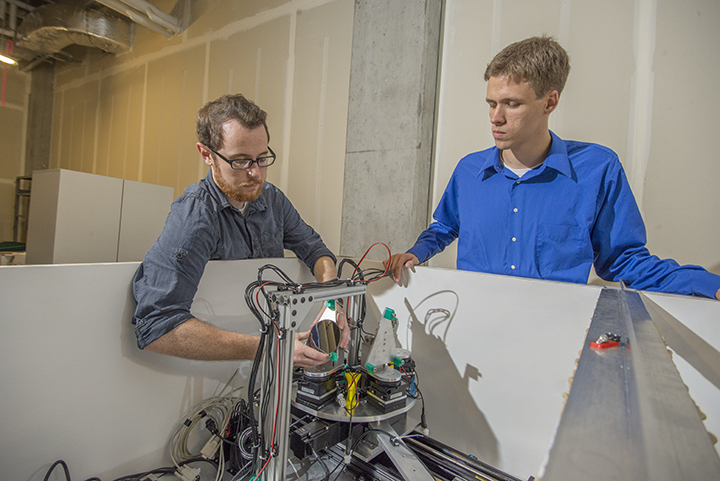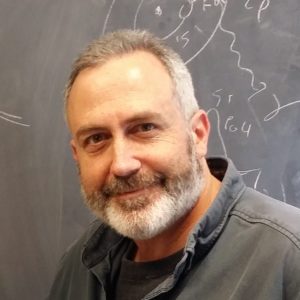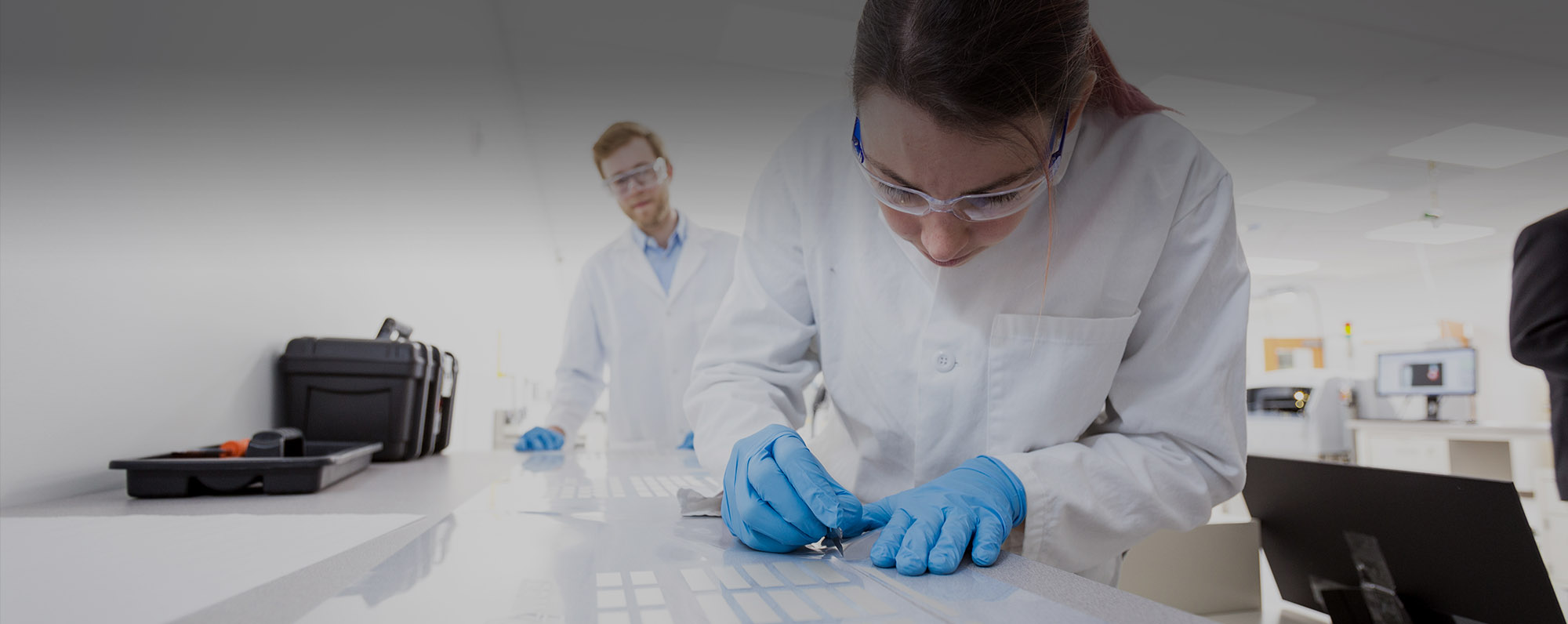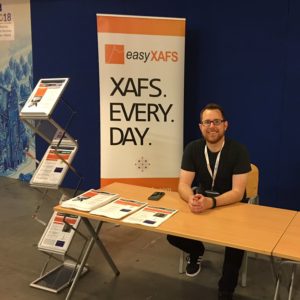
UW and easyXAFS win Small Business Technology Transfer grant to develop low-cost, tabletop x-ray spectrometer for undergraduate education and battery research and development
November 25, 2019
easyXAFS, a startup founded by UW physics alum Dr. Devon Mortensen (Ph.D. ’16), received $160,000 from the National Science Foundation (NSF) under a Phase I Small Business Technology Transfer (STTR) grant to develop a low-cost, tabletop x-ray spectrometer in collaboration with UW physics professor Jerry Seidler. easyXAFS’ new device, called xAristotle, will be the first such device targeted at undergraduate labs and industrial energy storage scientists. The NSF STTR program provides funding and entrepreneurial support to startups and small businesses to help bring innovative, disruptive technologies out of the lab and into the market.

Scientists use advanced x-ray spectroscopy to precisely determine a material’s chemical and electronic structure at the atomic scale, allowing them to characterize new materials for catalysis and study chemical reactions in next-generation batteries, among other applications. Previously, it was only possible to perform these advanced x-ray spectroscopies at $1 billion particle accelerator facilities, known as synchrotrons. Under this model, the techniques were restricted to researchers at universities or national labs, or to experienced scientists with the resources to travel long distances and reserve precious time on one of the machines. For the past several years, easyXAFS has been creating table-top solutions to this billion-dollar barrier, and its new device will provide entry-level access to this technology for the first time. xAristotle will be the size of a microwave oven and affordable for undergraduate labs and industrial quality control, while still having sufficient performance for some academic research programs.
“Thanks to this STTR grant, xAristotle will permit scientists and startups to use these techniques in their own labs — without having to apply for access to huge synchrotrons far from home,” said Mortensen, the CEO of easyXAFS and a former UW Clean Energy Institute (CEI) Graduate Fellow.
easyXAFS has been building the market for in-house equipment for advanced x-ray methods since 2015, expanding upon the base technology developed in Seidler’s lab with partial funding from CEI. The company has already made sales in six countries and has recently reached a distribution agreement in China and Southeast Asia. The NSF STTR award will enable easyXAFS to refine the xAristotle technology and to investigate how to best incorporate advanced x-ray spectroscopy into the undergraduate curriculum in chemistry, chemical engineering, materials science, and physics.
“As a low-cost, small, and easy-to-use device, we’re designing xAristotle to be like a learner’s permit for advanced x-ray spectroscopy,” explained Mortensen. “History tells us that when instrument access finally happens at the entry level, there is likely to be an explosion of new applications, users, and demand. We think there could be a major market for these instruments, given the potential impacts on analytical chemistry, battery research, industrial quality control, and undergraduate education.”
As part of the STTR-funded project, Seidler is developing ways to teach these advanced x-ray spectroscopy techniques to undergraduate students and industrial users. “The idea for a truly simple, very inexpensive x-ray spectrometer for battery research and education came from our own experiences in the lab, and especially our work in the Clean Energy Institute,” Seidler said. “Working with many colleagues at UW and elsewhere, we keep finding important uses of these methods that do not fit the access model for synchrotron x-ray facilities. We’re excited to help democratize these spectroscopies with xAristotle.”
easyXAFS is an alumni startup of the Cascadia CleanTech Accelerator, a business accelerator program run by the CleanTech Alliance and VertueLab. Upon completion of Phase I STTR work in late 2020, easyXAFS will become eligible for Phase II NSF funding up to $750,000.






